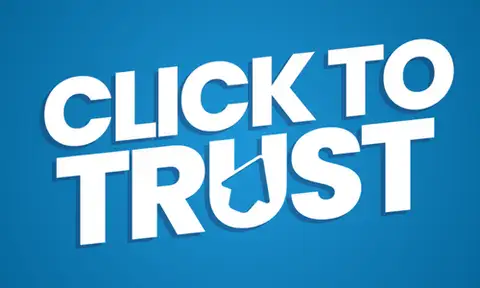
Election Misinformation: Platform Challenges and Solutions with Tom Siegel
2024 is a busy year for democracy! More countries will hold elections this year that at any point in the next two decades to come. So perhaps more than ever, it’s critical that we take a look at the growing amount of misinformation that threatens to influence or subvert these elections.
In this episode of Click to Trust, we draw our series of episodes about election misinformation to a close with an examination from TrustLab CEO Tom Siegel. From the need for collaboration between platforms to combat misinformation to the impact of algorithmic amplification on the spread of misinformation to the role of AI in both exacerbating and addressing the problem, several key themes have emerged over the last six episodes. As several key elections draw closer, Tom reflects on these themes and informs us on how to stay safe (and vigilant) in our online lives.
Highlights:
- Takeaway One: What algorithmic amplification means and how misinformation spreads easily online.
- Takeaway Two: The psychology of people online when it comes to heated arguments and content.
- Takeaway Three: The important role that advertisers and governments play in adhering to industry standards of information dissemination.
Jump into the conversation:
[05:37] How echo chambers amplify misinformation.
[09:11] How AI impacts misinformation.
[12:26] What role do advertisers play in curbing misinformation online?
[21:47] Why media literacy is a crucial safeguard.
Media Literacy Resources:
- Media Literacy Now: A national organization focused on ensuring media literacy education is included in school curricula. Media Literacy Now
- The News Literacy Project: A nonpartisan national education nonprofit offering programs that help people of all ages learn how to identify credible news and information. The News Literacy Project
- CyberWise: A resource dedicated to helping parents and educators teach digital citizenship and online safety. CyberWise
Understanding AI and Deepfakes:
- Deepfake Detection Guide by MIT Media Lab: An educational guide to understanding and detecting deepfakes. MIT Media Lab Deepfake Detection
- “Deepfakes and the Infocalypse” by Nina Schick: A book that delves into the world of deepfakes and the broader implications of AI-driven misinformation. Amazon Link
- AI For Good – ITU: An initiative by the International Telecommunication Union exploring how AI can be harnessed to advance global sustainability. AI For Good
General Resources on Staying Informed:
- Reuters Fact Check: Provides accurate, unbiased fact-checking to help users understand what is true and what is not. Reuters Fact Check
- AllSides: Shows news coverage from different perspectives to help readers understand bias. AllSides
- Pew Research Center: Offers in-depth research on media, technology, and many other topics to help users stay informed. Pew Research Center
